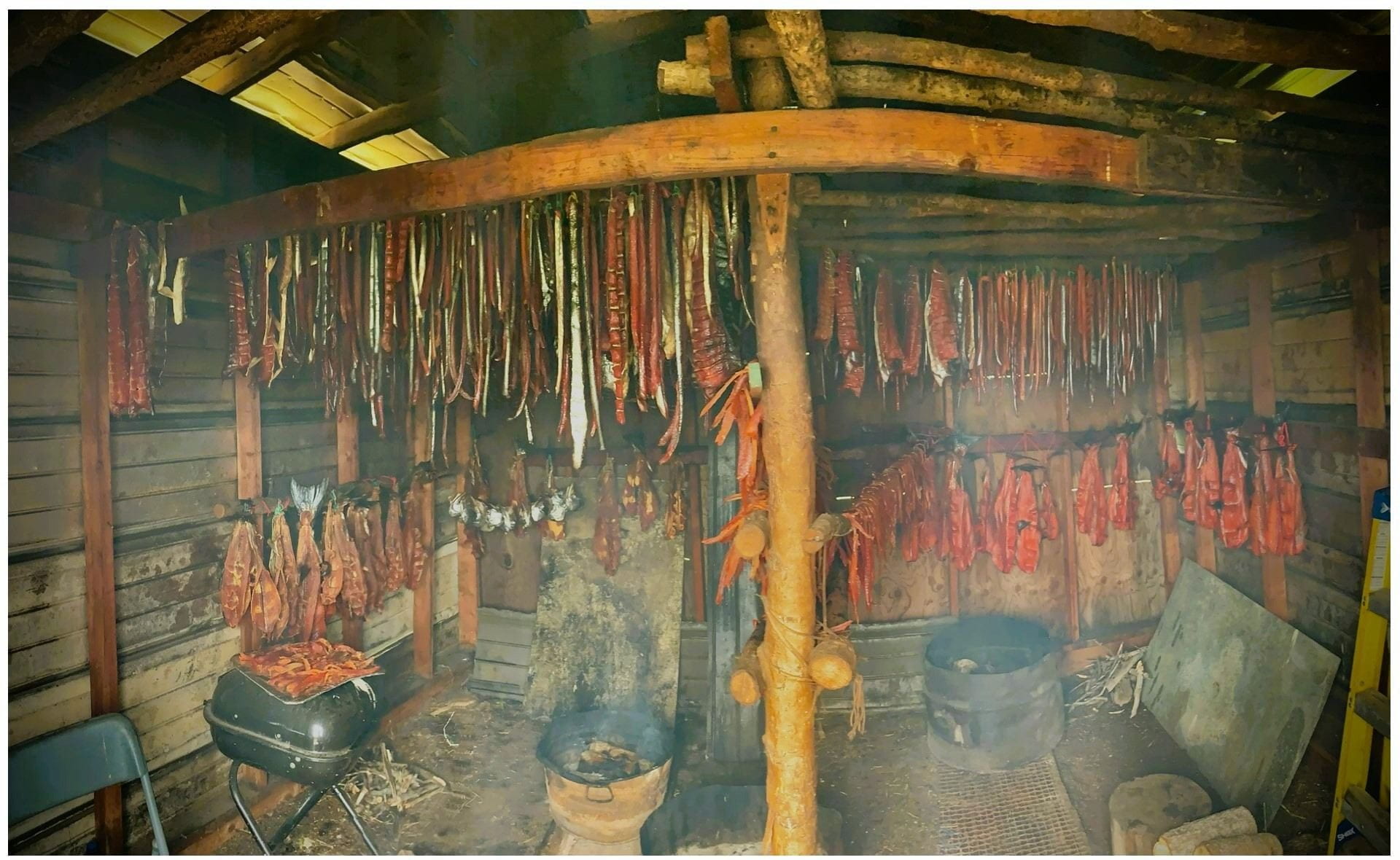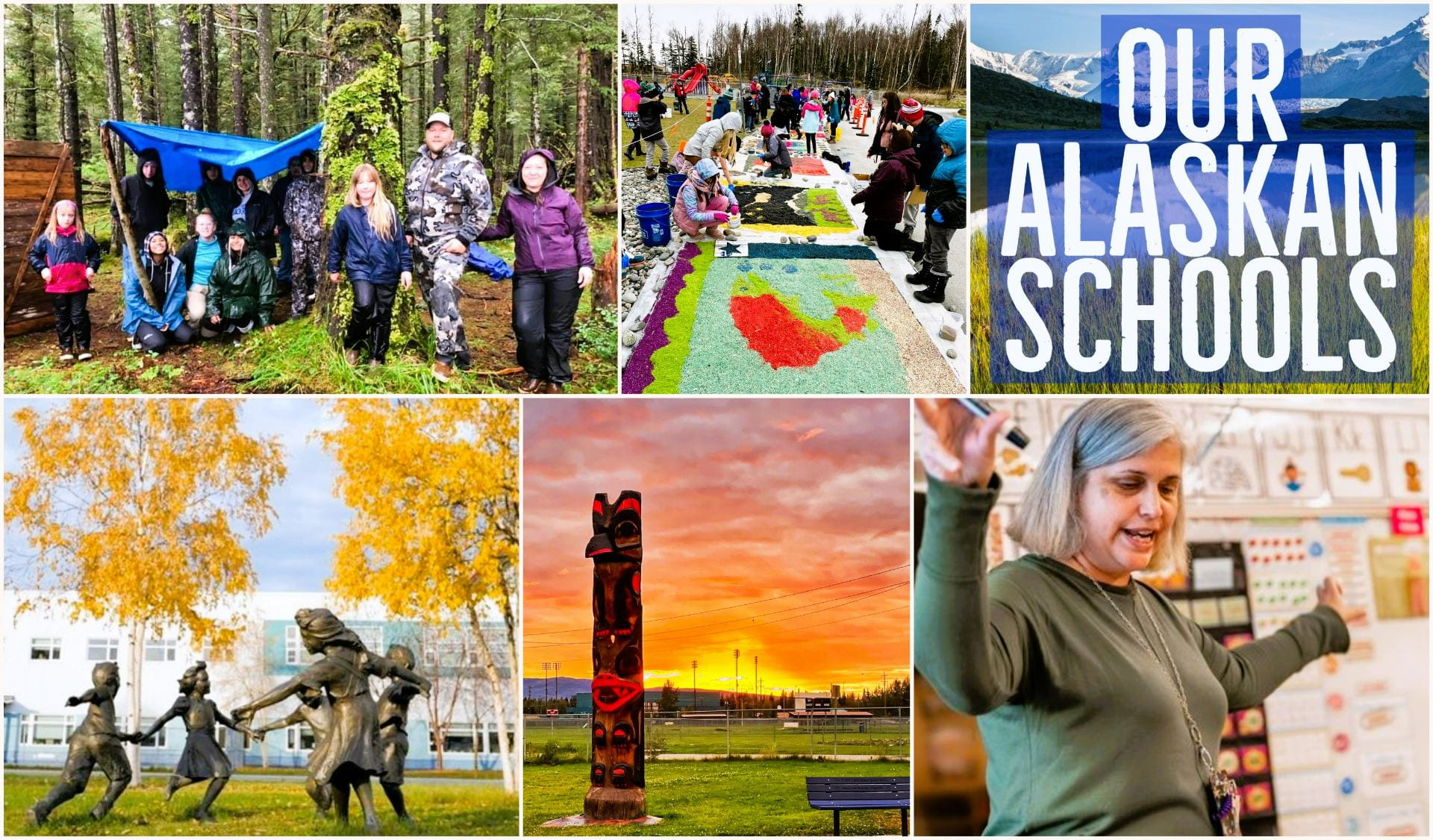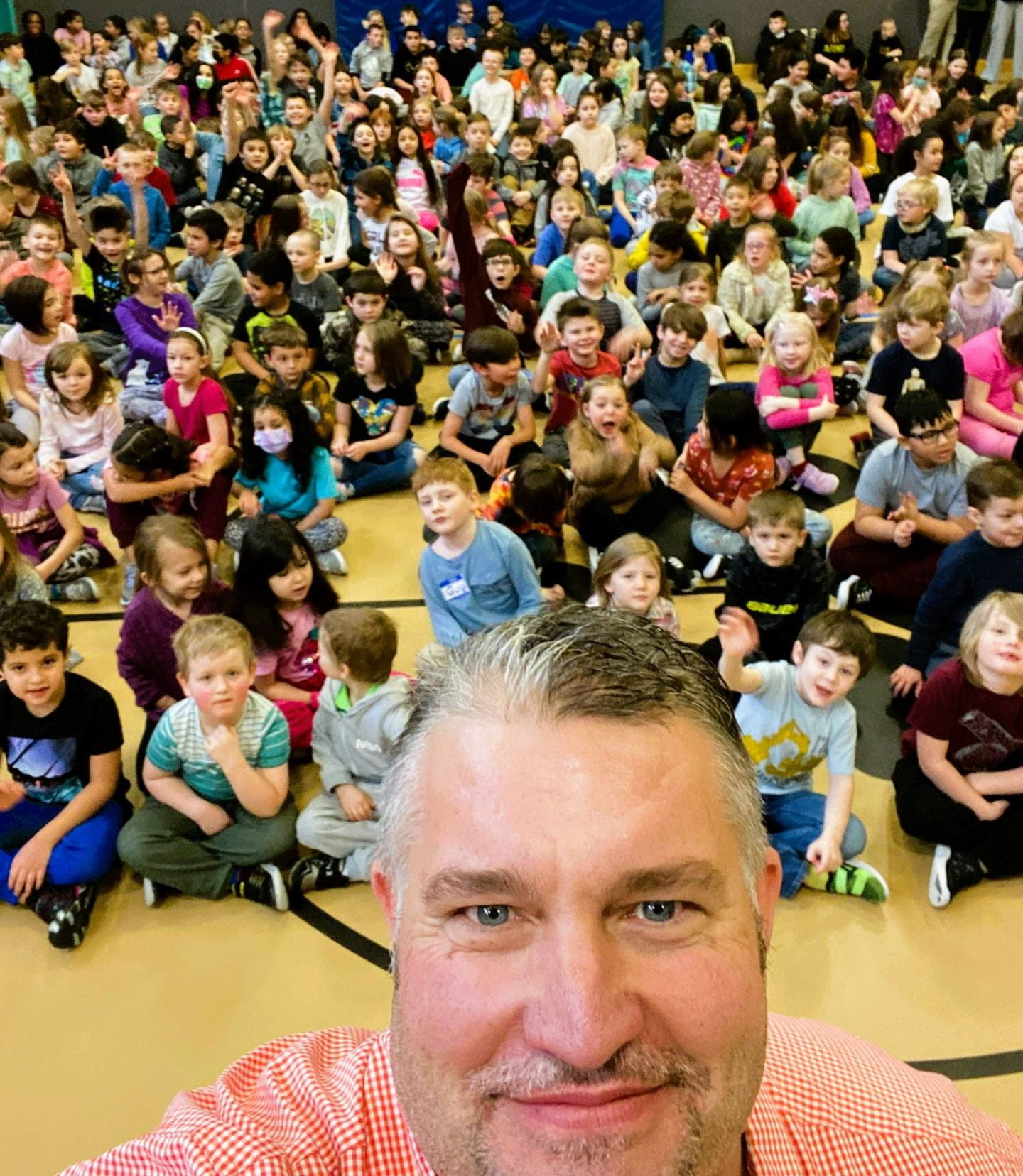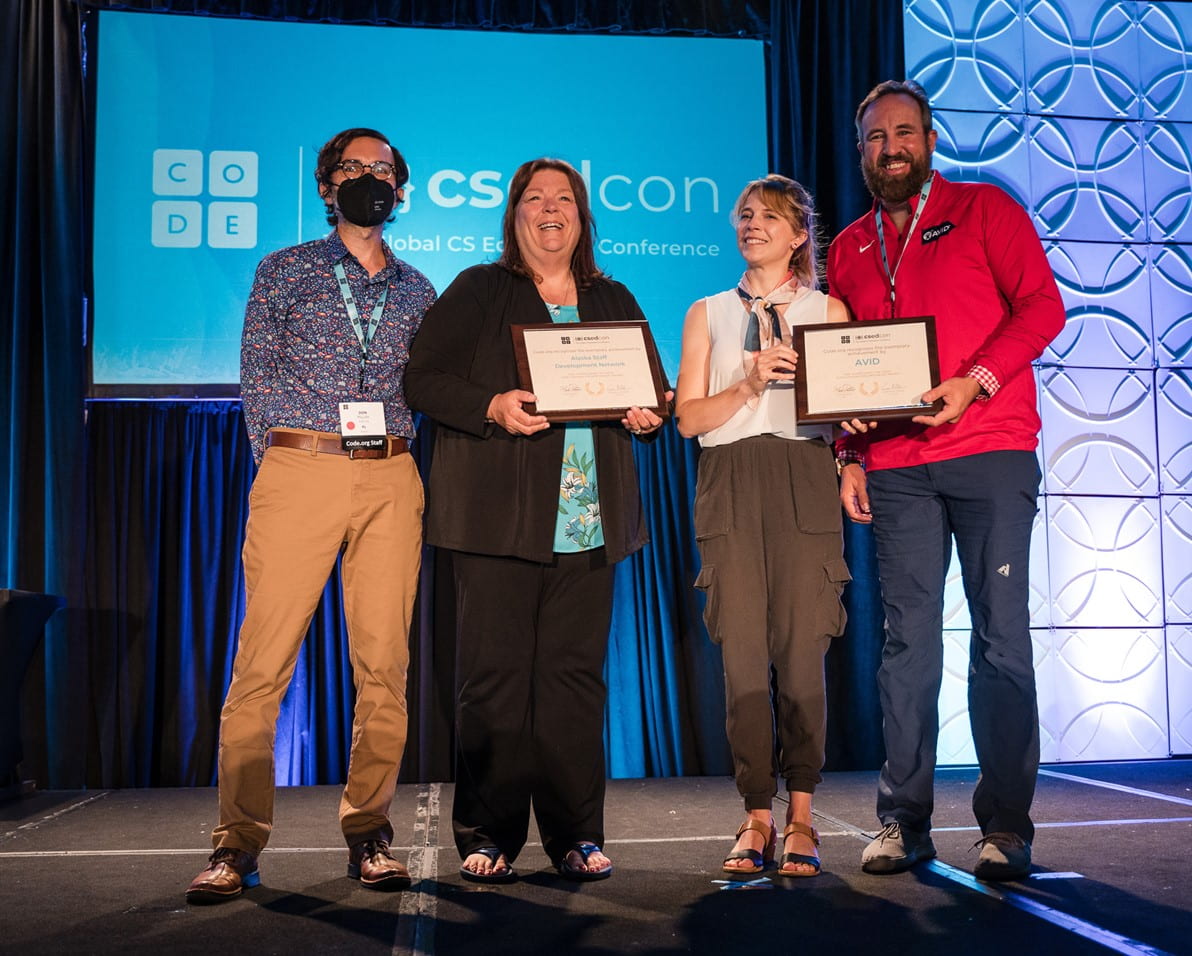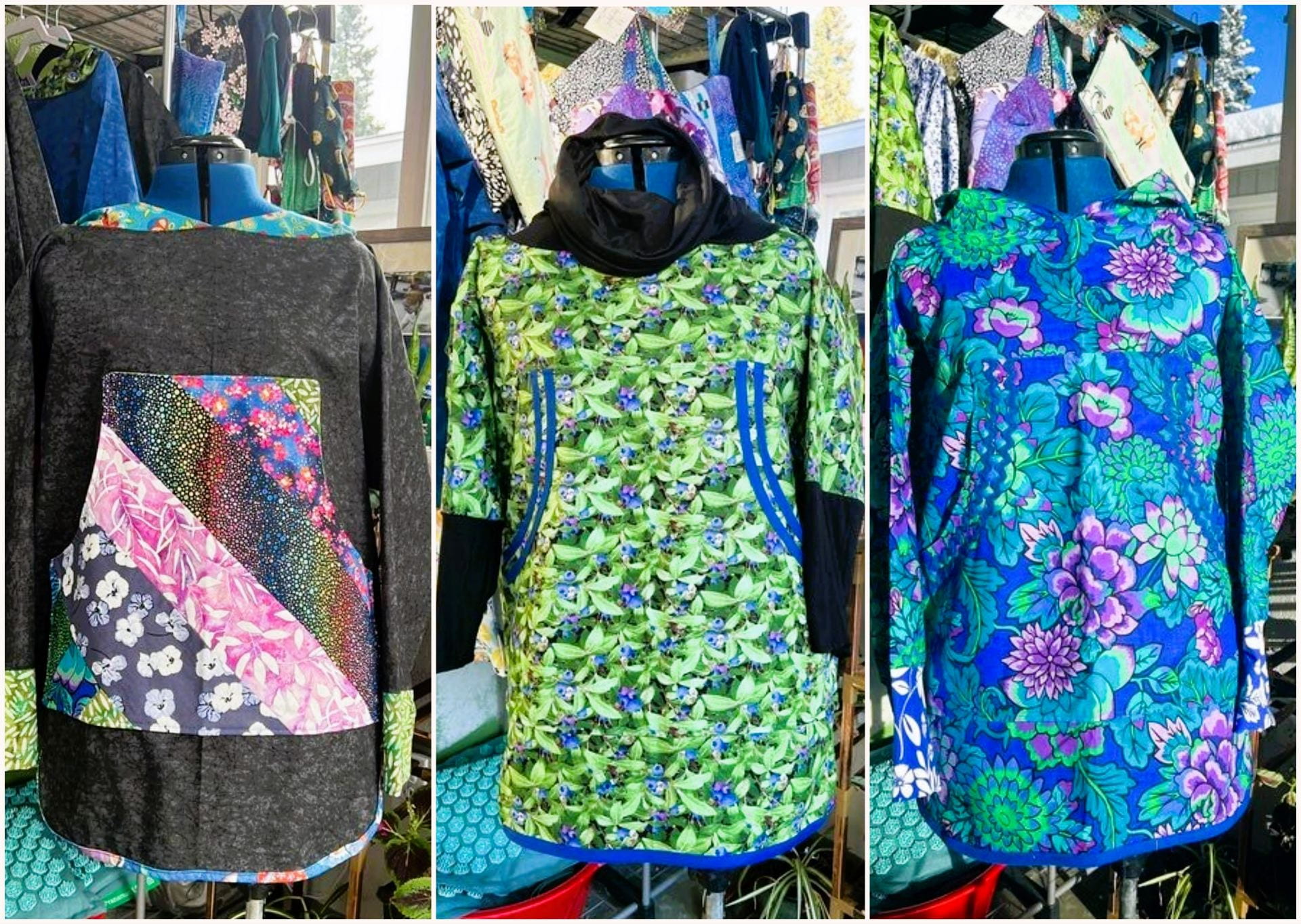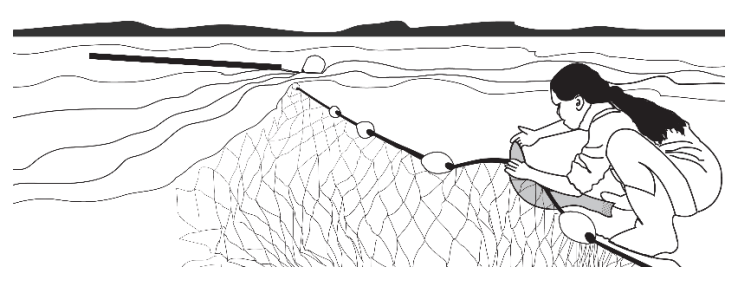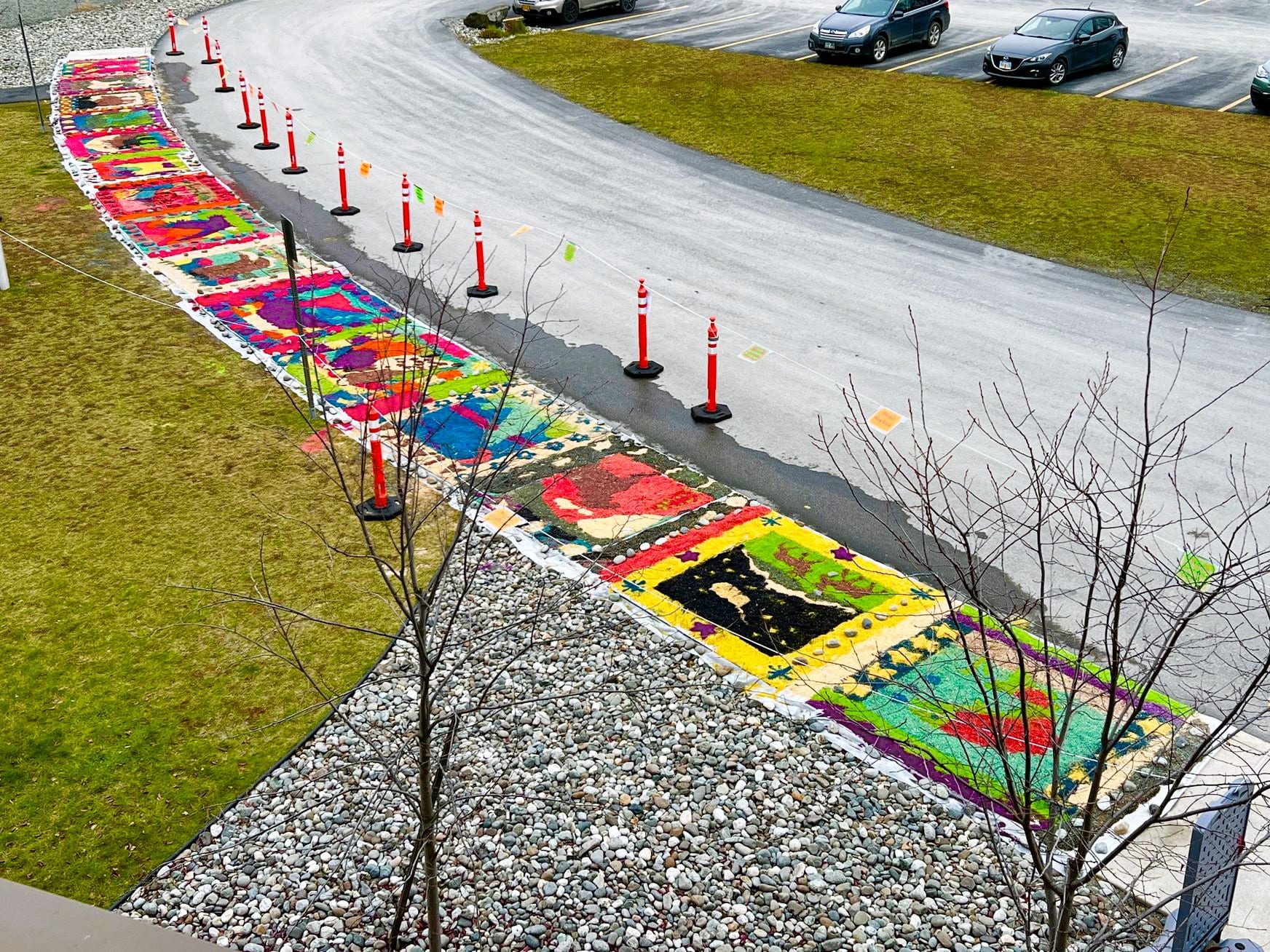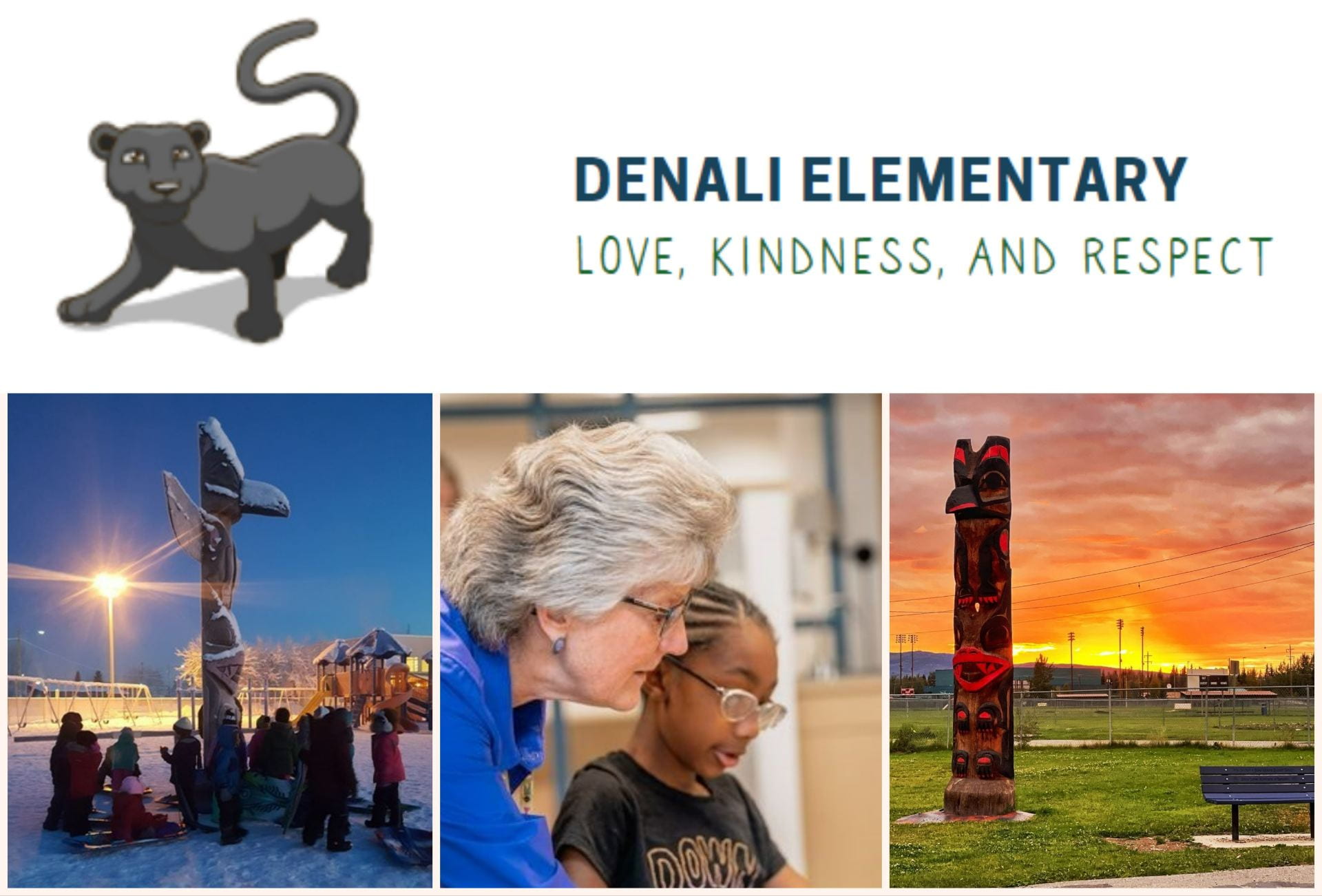
“We come to school every day to learn, take responsibility for our actions and treat everyone with love, kindness, and respect.”
Denali Elementary was recently named ESEA Distinguished School for 2022-23 and we are so excited about it! We have 300 students preK through 5th grade & are located in Fairbanks, the 2nd largest city in Alaska. Our school is located right in the downtown area so the majority of our students are within a mile and walk to school, even when it’s 25 below zero! Our student population is very diverse. We have 27% of our students who are 2 or more races, 15% Alaskan Native, 30% caucasion, 15% hispanic, 6% african american, 4% asian and 3% pacific islander. About 60% of our students receive free or reduced lunches.
We have a motto here at Denali, “We come to school every day to learn, take responsibility for our actions and treat everyone with love, kindness, and respect”. This motto of spreading love, kindness and respect was given to us from an Alaskan native Artist and carver, Bert Ryan in the late 1990s, who, alongside our students, carved our very own totem pole which stands in our playground today.
Continue reading Denali Elementary Named 2022-23 ESEA Distinguished School by Principal Becky Zaverl


